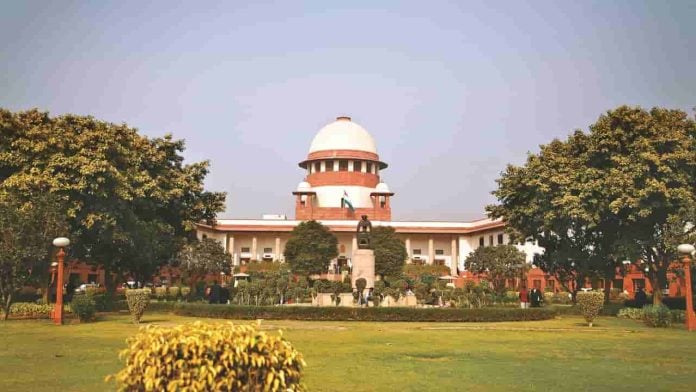The Supreme Court Constitution bench has reserved its verdict on whether the plea concerning rights of Dawoodi Bohra community to excommunicate its members should be placed before a larger bench today.
The five-judge Constitution bench is deciding as to whether the Bohra community has the right to excommunicate dissidents from its community in exercise of its fundamental rights under Article 25 and 26 of the Constitution of India.
The case talks about a 60-year-old verdict which held that the religious faith and tenets of the Dawoodi Bohra community gives its religious heads the power of excommunication as part of their “management of religious affairs” under Article 26(b) of the Constitution.
The judgement came as challenge to the Section 3 of the Bombay Prevention of Excommunication Act of 1949.
In the year 2016, the Maharashtra Legislative Assembly identified 16 types of social ostracization making it illegal and punishing the perpetrators with imprisonment for upto three years.
Among the 16 identified ostracization, one deals with the expulsion of a member of a community.
Solicitor General Tushar Mehta, who appeared in the case submitted that the matter concerns religious freedoms and so should be referred and should be referred to the Sabarimala Bench for further hearing. He added that constitutional issues do not become infructuous.
Fali Nariman who appeared for the Bohra community countered the questions and said this case has become “moot” with the enforcement of the 2016 law, which has repealed the 1949 Act. he added tat if any member of a community is subject to ostracization, he should file a complaint. Excommunication is not legally feasible now.
Another Senior advocate Siddharth Bhatnagar, who appeared for the petitioners, has another point and said that a “general law” on social boycott may not protect the Bohra community members facing excommunication.
He said the 1962 judgment protects excommunication in the community as a “protected practice” of their religion under Article 26(b) of the Constitution.
“We have challenged the practice itself,” he submitted.
“They (religious heads of the Dawoodi Bohra community) themselves have to say excommunication is bad, which they will never say… Will they say expressly that they will not seek protection under the Sardar Syedna Taher Saifuddin judgment of 1962?,” Mr. Aggarwal asked in court.
“He wants you to go a step ahead and say that you will not endeavour to seek protection,” Justice Kaul addressed Mr. Nariman.
Mr. Aggarwal interposed to point out that the 2016 Act was a Maharashtra law. He said the “practice may not be confined to Maharashtra”.


